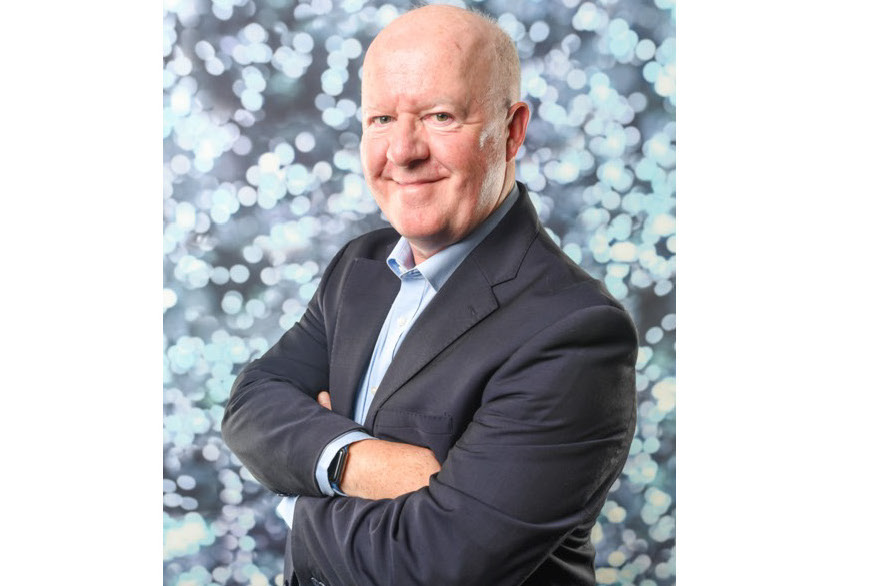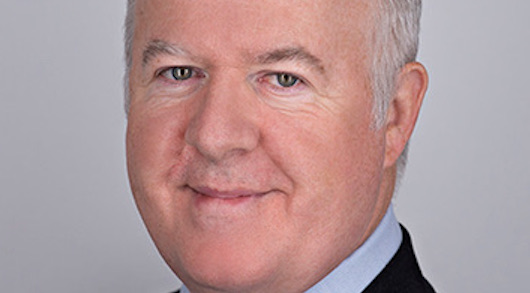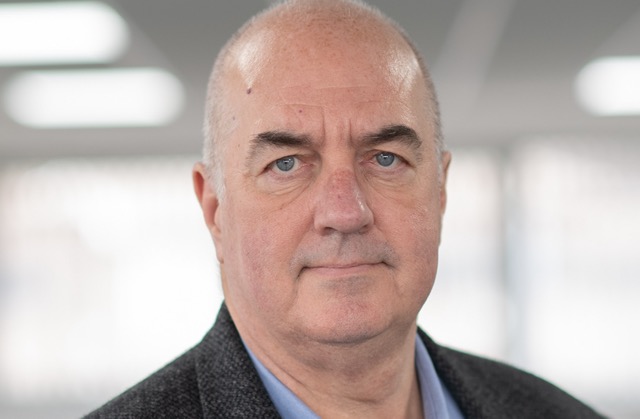
Financial Planning continues to evolve and it’s clear that due to a number of pressures - and opportunities - many planners are shifting their focus to more upmarket clients with bigger portfolios.

I suspect many in the regulatory community never expected to be readying to throw some of their carefully-crafted rules on a bonfire of red tape to boost business growth, but that’s exactly what they are being asked to do by the government which this week stepped up its efforts to demand regulatory reform to promote business expansion.

News this week that life expectancy in most of the UK has fallen for the last couple of years has raised a few eyebrows and also got me thinking about the impact of this on all sorts of major financial services challenges, the State Pension being one.

In this Guest Column for Financial Planning Today, Ilana Miller, investment lead, distribution at Royal London, looks at some potential answers to the advice gap.

The Chancellor could easily have turned up to the Mansion House this week dressed as a magician because she certainly pulled some rabbits from the hat.

There was a welcome pledge from the FCA this week that it would strive to speed up enforcement action in future, despite the challenges. This is promising but I suspect it will be harder to achieve than they expect.

While we wait for the Budget and its threatened changes to pensions taxation with bated breath, it’s worth remembering that the public is beginning to accept that retirement, while not yet extinct as a notion, is not quite what it was.

I hope you are enjoying your penny off a pint of beer, as proclaimed in the Budget, possibly the most pathetic 'giveaway' announced in any Budget I can recall.

The FCA gave the broadest hint yet this week that it is ready to reform the Consumer Duty and cut out some of the unnecessary red tape.

Before starting this month's column, I wanted to list all the providers and consultancies who have contacted me in relation to the challenges I set out in my column last month for Financial Planning Today: 'The glaring missing link in much fintech'.